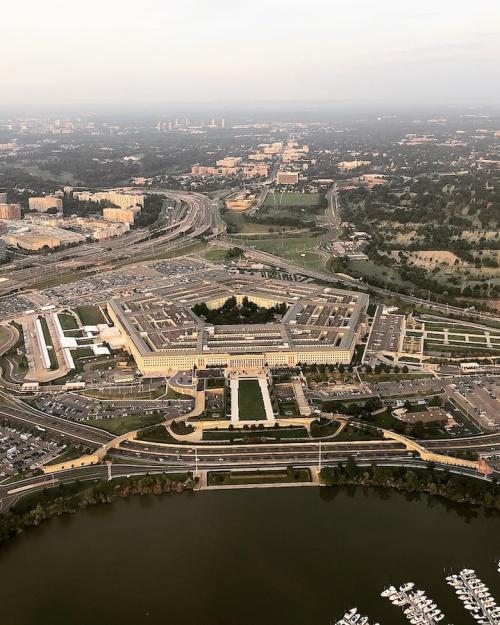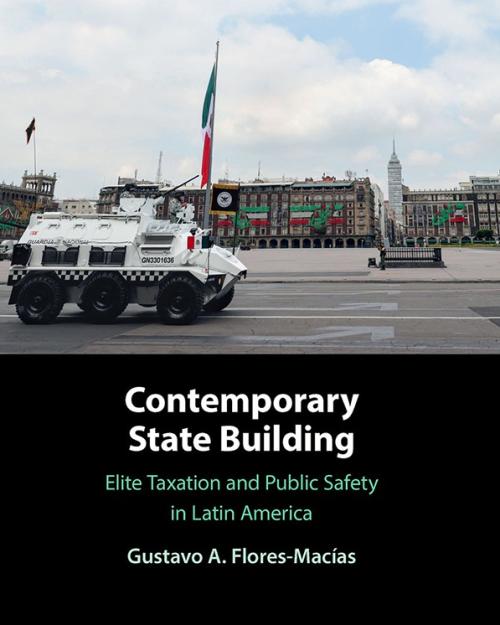Latin America has become the world’s most violent region outside of a war zone, including the only one in which homicide rates have increased in the 21st century, according to the U.N.
Although public safety is now the top concern across Latin America, some countries have succeeded in raising taxes on the wealthy to address the issue while others have not. In his new book, “Contemporary State Building: Elite Taxation and Public Safety in Latin America,” Gustavo Flores-Macías analyzes the key factors determining such outcomes – and explains how they provide a blueprint for all developing nations.
Flores-Macías, associate vice provost for international affairs and a professor of government and public policy in the College of Arts and Science and Cornell Jeb E. Brooks School of Public Policy, discussed the book with the Chronicle.
Question: You argue that public safety crises across Latin America aren’t themselves sufficient to win economic elites’ support for higher taxes. Why not?
Answer: Nobody likes to pay taxes, and economic elites are no exception. But elites are better able to circumvent tax obligations than most people: They can lobby the legislators who write the tax codes, hire accountants to exploit loopholes or transfer their money to a different jurisdiction. State-building accounts expect elites to become more inclined to shoulder a greater tax burden when a crisis – wars, for example – severely threatens their way of life. But I find that violent crime is not enough to assuage elites’ concerns that governments will waste their tax money, embezzle it or steer it to a different priority. Even though violent crime can take a serious toll on elites’ safety – and that of their families and businesses – when it comes to taxation the burden is concentrated and the benefits are diffuse and may not even materialize. The right conditions need to be created to make a greater tax burden more tolerable.
Q: What are some of the conditions that you found enable elite taxation in some countries, while attempts in others have failed?
A: Governments have to meaningfully assuage elites’ concerns about how their tax money will be spent, and successful experiences typically share two features. The first is strong linkages with economic elites, which are more prevalent among right-of-center governments and often take the form of formal and informal consultation mechanisms. The second is a tax design that makes the burden more tolerable for elites, often by earmarking the tax revenue for public safety, incorporating a sunset provision to shorten the time horizon, and mandating spending oversight mechanisms. But absent strong linkages between government and elites, mistrust toward the government is much harder to overcome, regardless of the tax design.
Q: Why in some countries are the wealthy more willing to pay more for security than other services like education or health care?
A: In countries with high levels of violent crime, personal safety becomes a priority, and the demand for public safety takes preeminence over other public goods, including education and health care. When public education and health care are deficient, elites can send their children to private schools and go to a private hospital. But safety is much harder to substitute privately, and one can do so only up to a point. Even if elites live in gated communities and surround themselves with bodyguards, the risk of victimization leading to personal and material losses continues to be significant. This inability to solve privately a major public safety deficit is a key reason why violent crime can generate windows of opportunity for state-building.
Q: Do wealth taxes focused on improving security help build better states and democracies, or just give elites more influence?
A: Taxes on elites have served a dual purpose in building stronger states in Latin America. On the one hand, they can be an effective way of raising considerable revenue with progressivity in mind – that is, without affecting the least affluent sectors. On the other, they can help to strengthen the security apparatus through better staffing, training and equipment. Elite taxation for public safety has been appealing because it is politically popular to concentrate the tax burden on the wealthy, while the benefits from improved public safety are enjoyed more broadly in society. The taxes are not making elites more powerful, but they often get to participate in the oversight of how the tax revenue is spent. Insofar as they contribute to improved public safety conditions, elite taxes can contribute toward improving the quality of democracy.
Q: How do your findings provide a blueprint for developing states in Latin American and elsewhere?
A: Even in relatively weak states governments can generate the right conditions to increase tax revenue substantially while shielding the poor. The book also shows that this revenue can make a meaningful difference toward strengthening the institutions in charge of providing public safety. A major lesson for governments is that explicitly connecting taxation with public safety can be an important strategy to strengthen the state in both senses. However, governments’ ability to adopt taxes on economic elites will be severely diminished if elites’ concerns are not taken seriously, even in the context of major public safety crises. Consultation mechanisms and taxes properly designed to ameliorate these concerns will be more likely to succeed.





